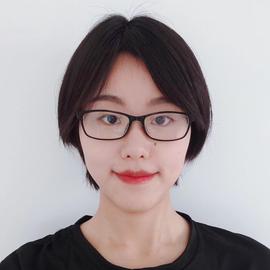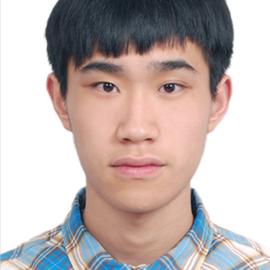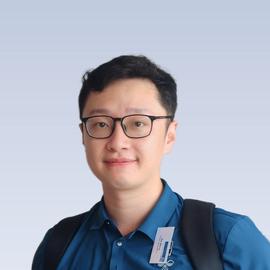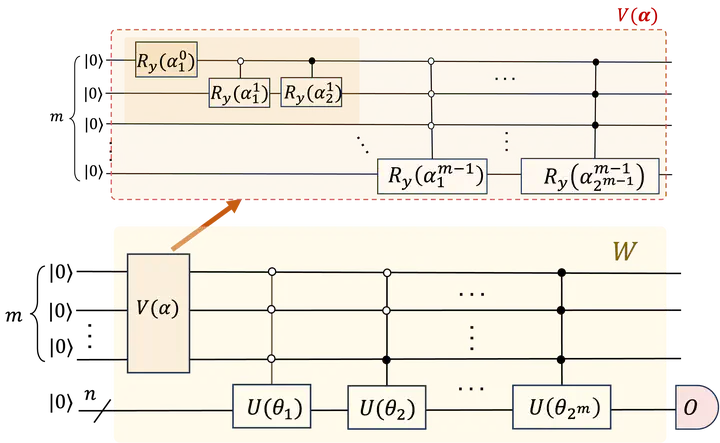Abstract
Quantum neural networks combine quantum computing with advanced data-driven methods, offering promising applications in quantum machine learning. However, the optimal paradigm of quantum neural networks in the context trainability and expressivity remains an open question. To overcome this issue, we first introduce a framework called Linear Combination of Quantum Neural Networks (LCQNN), which leverages the linear combination of unitaries concept to coordinate the composition of QNNs, thereby balancing trainability and expressivity. Secondly, LCQNN provides a tunable design that can reduce vanishing gradients without incurring excessive classical simulability. Specifically, we detail how restricting certain subspaces or adopting k-local control unitaries prevents gradients from collapsing while maintaining enough parameter volume for complex tasks. These findings also align with prior discussions on expanding QNN capabilities for multi-qubit systems. Additionally, we extend the LCQNN to the group action scenarios. By exploiting symmetry, the LCQNN model, excluding exponentially large irreducible subspaces, can circumvent barren plateaus. Overall, LCQNN provides a novel framework for focusing quantum resources into architectures that remain practically trainable yet expressive enough to tackle challenging machine-learning applications.
Publication
arXiv:2507.02832

PhD Student (2024)
I obtained my BS degree in Mathematics from Nanjing University of Aeronautics and Astronautics and my MS degree in Mathematics from Beihang University. My research interests include quantum information theory and quantum machine learning.

Research Associate
I obtained my B.S. in Mathematics from the Qingdao University. I obtained my doctoral degree in Cyberspace Security from University of Chinese Academy of Sciences. My research interests include quantum machine learning and quantum computing.

PhD Student (2023)
I obtained my BS and MS degrees in physics from the University of Melbourne. My research interests include distributed quantum computing, quantum entanglement and quantum machine learning.

Associate Professor
Prof. Xin Wang founded the QuAIR lab at HKUST(Guangzhou) in June 2023. His research primarily focuses on better understanding the limits of information processing with quantum systems and the power of quantum artificial intelligence. Prior to establishing the QuAIR lab, Prof. Wang was a Staff Researcher at the Institute for Quantum Computing at Baidu Research, where he concentrated on quantum computing research and the development of the Baidu Quantum Platform. Notably, he spearheaded the development of Paddle Quantum, a Python library designed for quantum machine learning. From 2018 to 2019, Prof. Wang held the position of Hartree Postdoctoral Fellow at the Joint Center for Quantum Information and Computer Science (QuICS) at the University of Maryland, College Park. He earned his doctorate in quantum information from the University of Technology Sydney in 2018, under the guidance of Prof. Runyao Duan and Prof. Andreas Winter. In 2014, Prof. Wang obtained his B.S. in mathematics (with Wu Yuzhang Honor) from Sichuan University.
 Illustration of LCQNN architecture.
Illustration of LCQNN architecture.